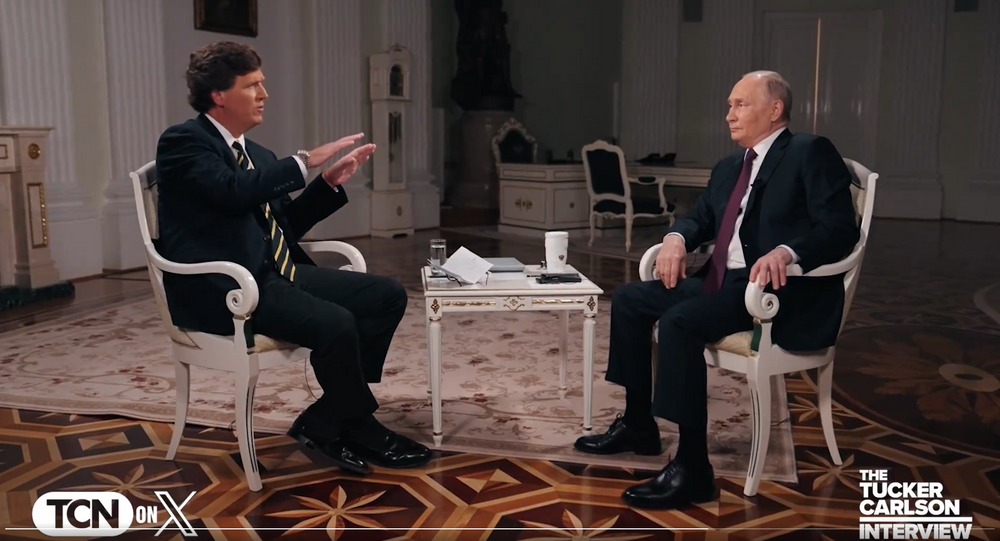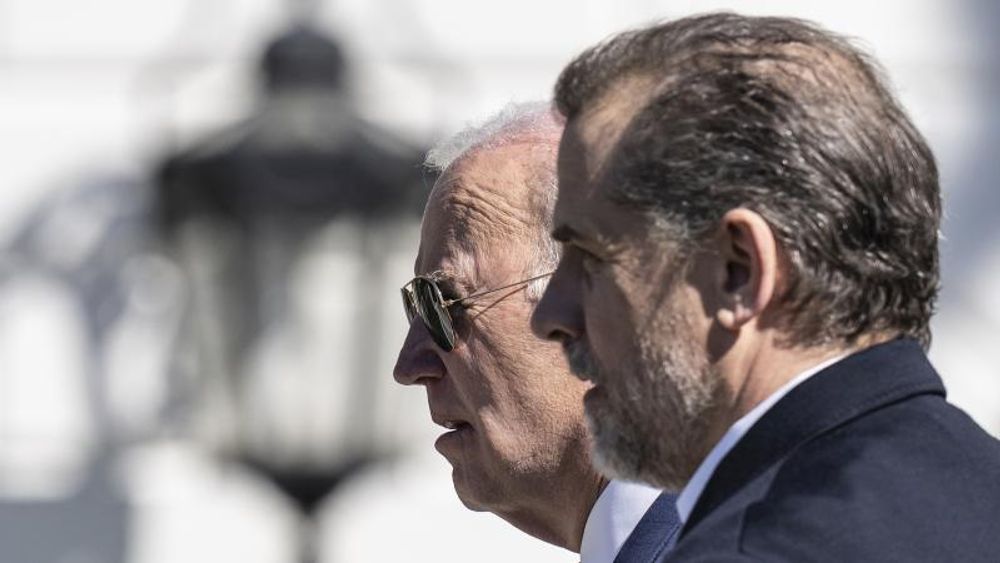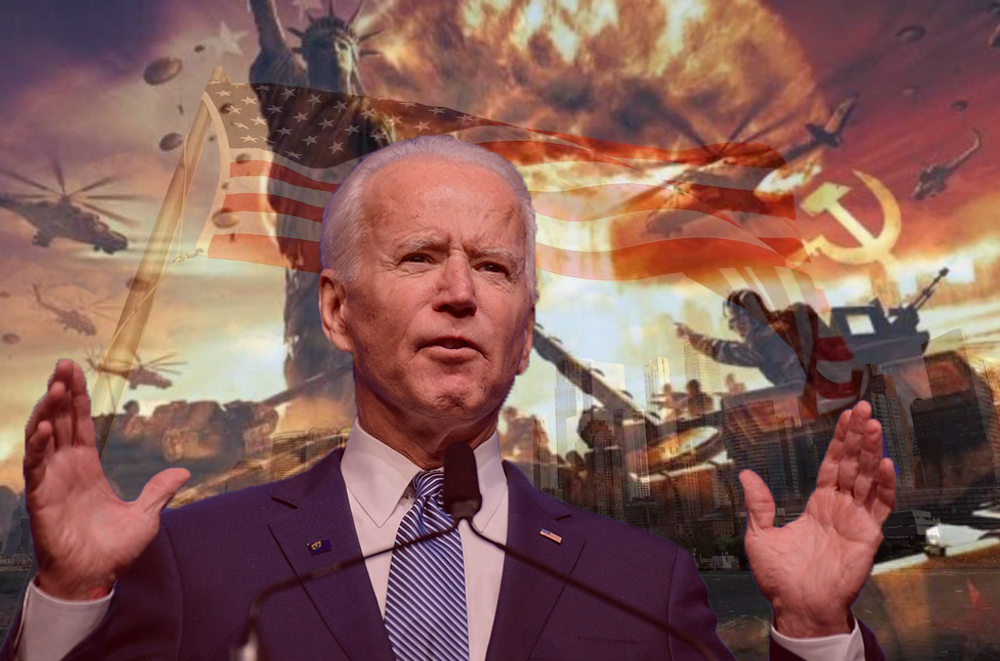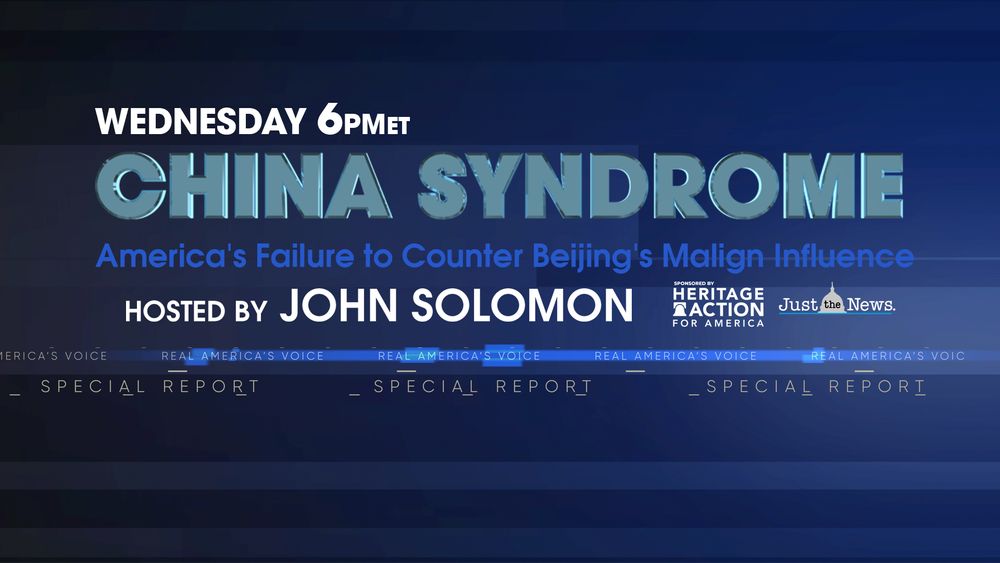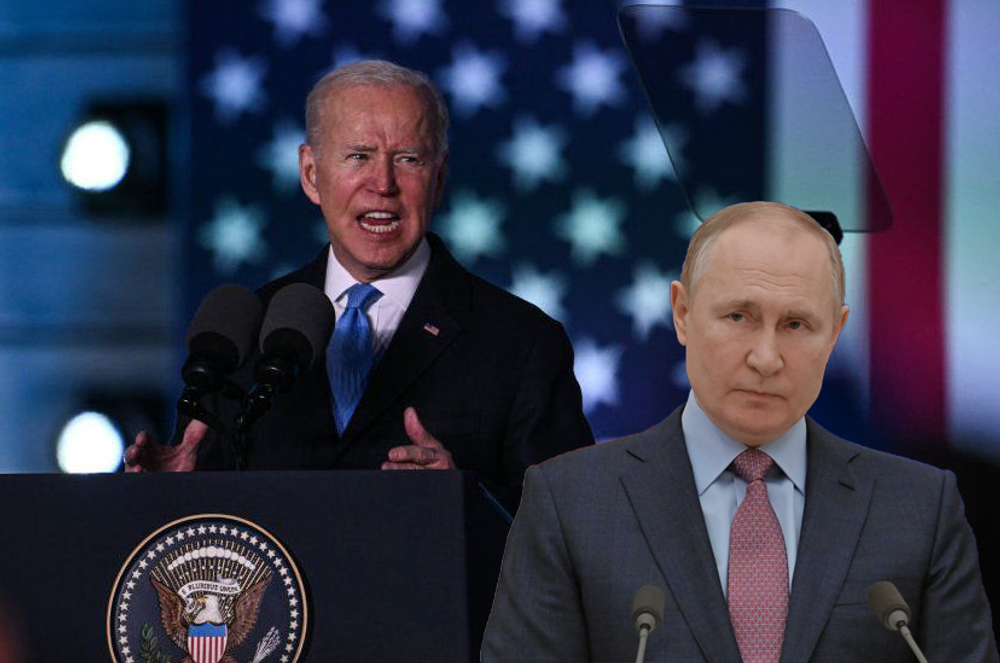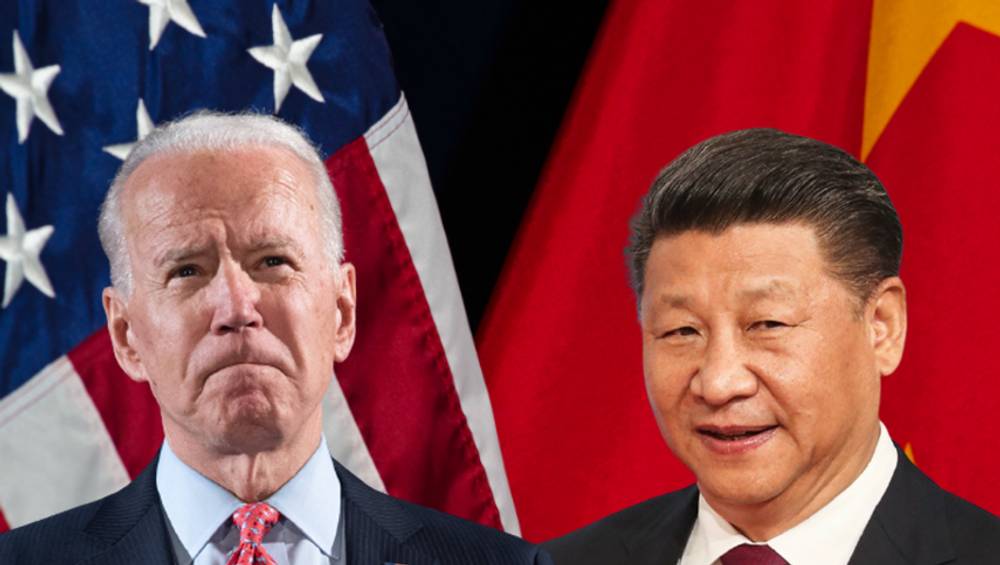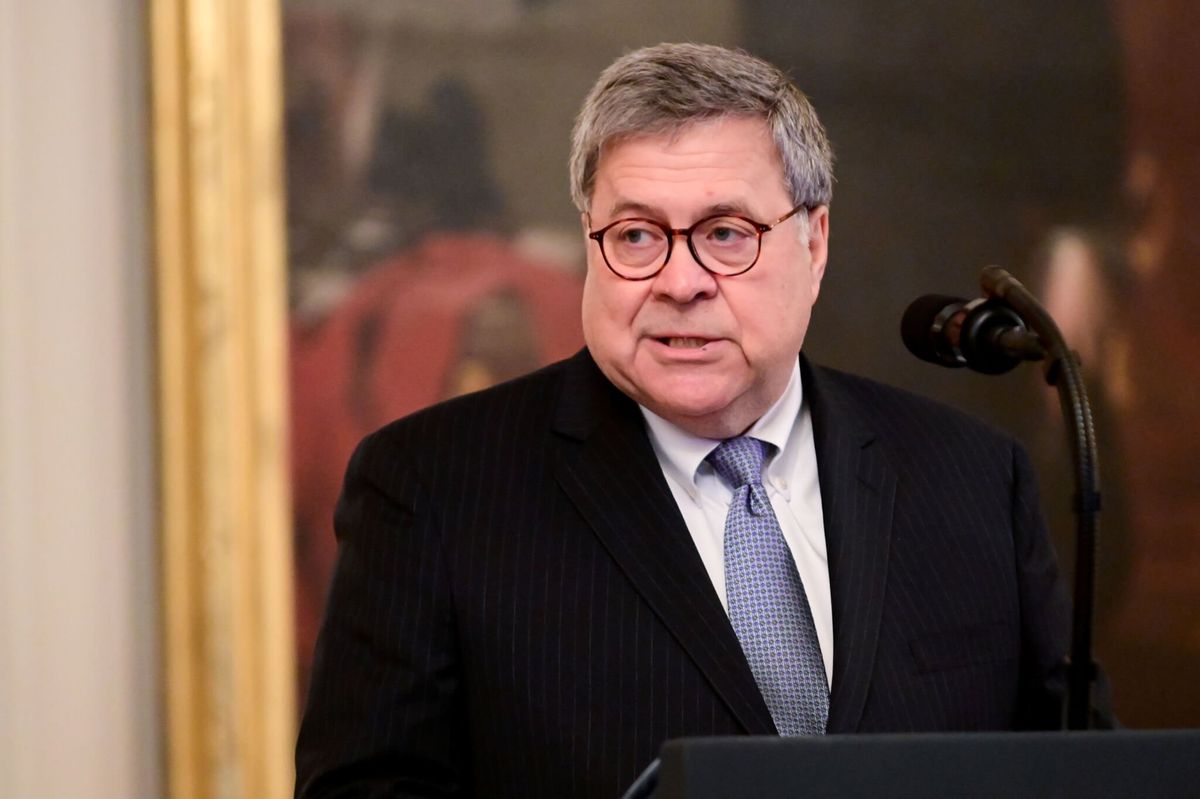
Sorting Out the Multiple Russia Investigations
If you’re baffled by the U.S. Justice Department’s new investigation of its old investigation of Russia election meddling, you’re not alone.
Many Americans can’t help but wonder exactly what it is that federal investigators are probing months after special counsel Robert Mueller concluded his inquiry into Russian interference in the 2016 U.S. election.
The new investigation grew out of an internal Justice Department review of the Russia probe ordered by Attorney General William Barr this year and came after President Donald Trump and his Republicans allies, assailing the investigation as a “witch hunt,” repeatedly demanded the department “investigate the investigators.”
Barr set things in motion during his Senate confirmation hearings in January when he said he had questions about the origins of the probe and wanted them examined.
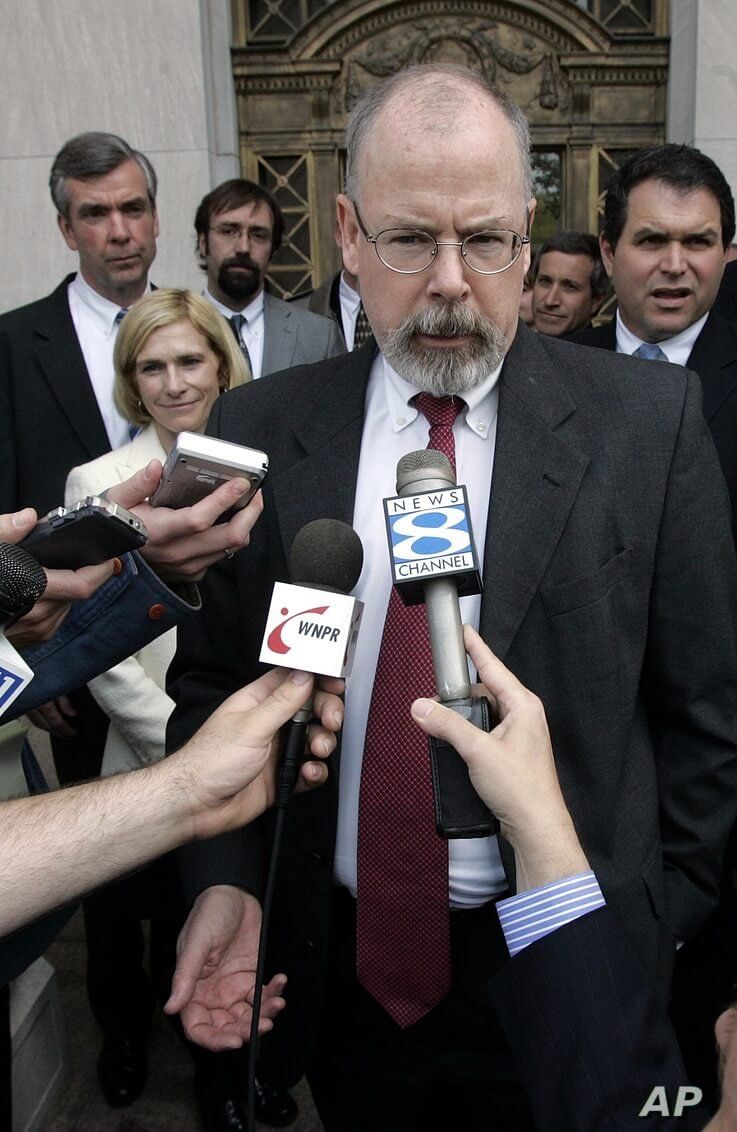
In May, he appointed veteran federal prosecutor John Durham to lead what grew into a criminal investigation. Justice Department officials have said little to shed light on the contours of the investigation, which was revealed this week.
Here are some questions raised by the launch of the new investigation:
Didn’t the Mueller probe get to the bottom of Russian interference in the 2016 election?
The Mueller probe, which started in July 2016 as an FBI counterintelligence investigation into suspicious contacts between Trump campaign advisers and Russia, concluded in March 2019.
In his final report to the attorney general, Mueller concluded that while there wasn't enough evidence of a criminal conspiracy between the Trump campaign and Russia, he couldn’t determine whether Trump had criminally obstructed his 22-month-long investigation.
Barr subsequently, in consultation with other Justice officials, determined there was no obstruction of justice.
The decision was met with predictably partisan reaction. While Democrats slammed the attorney general for letting Trump off the hook, the president claimed “total vindication” even as he blasted the investigation by the Justice Department as politically motivated, rekindling calls for probing the probers.
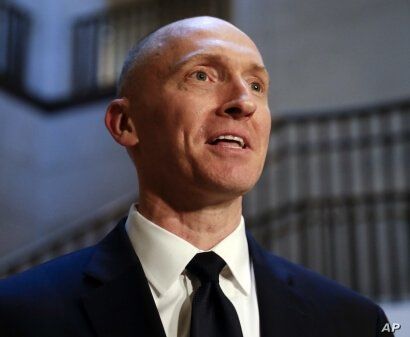
What about the Inspector General’s investigation of FBI surveillance of former Trump adviser Carter Page?
In March 2018, the Justice Department’s inspector general, Michael Horowitz, under mounting pressure from congressional Republicans, launched an investigation into allegations the FBI had inappropriately obtained a warrant to conduct secret surveillance of Page in 2016 and 2017. Page was suspected of improper contacts with Russian officials but has not been charged with any crime.
The accusations that the FBI abused its surveillance authority stemmed from the bureau’s use of a Democratic-funded opposition research report known as the “Steele Dossier” in its warrant application. Republicans also have alleged that former FBI official Peter Strzok, who had exchanged anti-Trump text messages with another official, had been responsible for obtaining the warrant.
But a heavily redacted version of the application released last year showed it was only partly based on the dossier and did not disclose that Strzok was the requesting authority.
Horowitz recently completed his investigation, informing congressional leaders this week the process of declassifying the report is “nearing completion." He has not provided a timeline on its expected release.
Why is the Justice Department investigating itself?
Justice Department officials have been mum about the target of Durham's investigation, although Barr has faulted senior officials.
“I think there was probably a failure among a group of leaders there, at the upper echelon,” Barr testified in April.
In addition to Strzok, President Trump and Republicans have criticized former FBI Director James Comey, former Acting FBI Director Andrew McCabe and former CIA Director John Brennan for their roles in investigating his campaign.
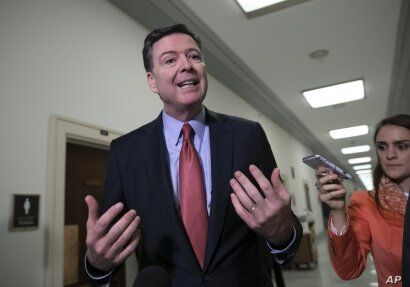
In his April Congressional testimony, Barr also claimed that “spying did occur” on the Trump campaign and he wanted to find out whether it was “adequately predicated,” or based on probable cause.
Justice Department spokeswoman Kerri Kupec said last month that the Durham inquiry was examining the extent to which several countries, including Ukraine, played a role in the Trump campaign investigation. The unnamed countries include Australia, Britain and Italy.
The original Russia investigation was launched after the Australian government informed the FBI in July 2016 that then-Trump foreign policy adviser George Papadopoulos had claimed Russia had "dirt" on the Clinton campaign.
Papadopoulos had received the tip from a London-based Maltese academic named Joseph Mifsud and relayed it to Australia's ambassador to the U.K.
The former Trump campaign aide later claimed that Mifsud was an "Italian intelligence asset," stoking a conspiracy theory that several intelligence agencies, including the CIA, were involved in an effort to undermine the Trump campaign by getting the FBI to investigate it. Papadopoulos spent two weeks in prison last year for lying to Mueller’s investigators about his contacts with Kremlin-tied Russians.
Durham is believed to have interviewed dozens of witnesses in connection with how FBI officials handled the Russia investigation. With the elevation of the review to an investigation, he can now subpoena witnesses and documents.
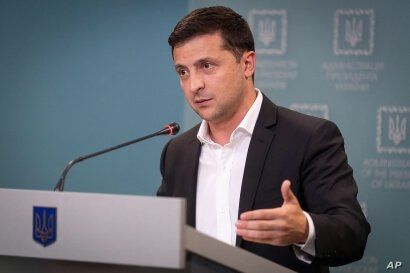
What connection does the new investigation have to the congressional impeachment inquiry?
Although not directly tied to the investigation, the congressional impeachment inquiry stemmed in part from efforts by the Justice Department and the White House to seek foreign help for Durham’s investigation of the Mueller probe.
During a July 25 call at the center of the impeachment inquiry, Trump repeatedly asked the Ukrainian President Volodymyr Zelenskiy to help Barr with his investigation in addition to looking into allegations of impropriety by former vice president Joe Biden and his son, Hunter Biden.
 Fonda Arrested for Third Week in a Row in Climate ProtestsNext PostDespite Trade Uncertainty, Many US Farmers to Back Trump in 2020
Fonda Arrested for Third Week in a Row in Climate ProtestsNext PostDespite Trade Uncertainty, Many US Farmers to Back Trump in 2020
